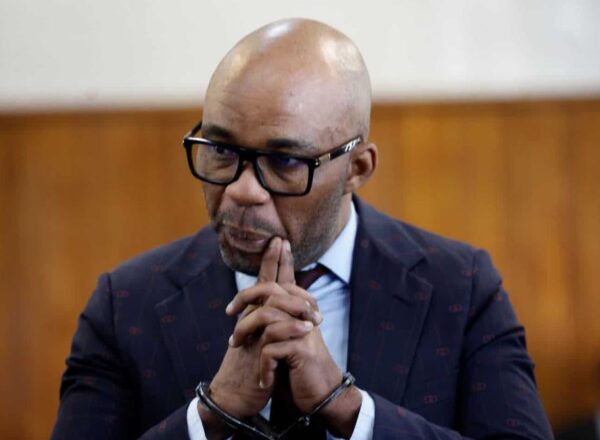Judge President Selby Mbenenge Defends Contact with Sexual Harassment Complainant
Judge President Selby Mbenenge, currently facing allegations of sexual harassment, was cross-examined by evidence leader Salome Scheepers regarding his persistent attempts to contact complainant Andiswa Mengo, despite her silence. During the tribunal proceedings, he denied pressuring her or sending inappropriate messages, asserting that his interest stemmed from a previous encounter.
Judge President Mbenenge’s Defense Against Allegations
During the cross-examination, Judge President Selby Mbenenge stated, “I was not pressuring her,” underscoring his claim that his communications with Andiswa Mengo were mischaracterized.
Mbenenge continuously defended his actions, describing the messages to Mengo as flirtatious rather than harassing, saying, “The unfortunate part is that these exchanges became public.”
He maintained that his pursuit of a romantic relationship was based on mutual interest, indicating that the interaction stemmed from their meeting in a judicial setting.
The Implications of Persistent Messaging
Evidence leader Salome Scheepers argued that Mbenenge’s consistent messaging could be perceived as pressure, highlighting Mengo’s prolonged periods of silence.
The Tribunal was presented with messages where Mbenenge allegedly requested intimate photos, prompting discussions about the appropriateness of his communications.
In light of these claims, Judge Mbenenge’s persistence in contacting Mengo despite her lack of response raises concerns within the Judicial Conduct Tribunal regarding professional boundaries.
Judge President Selby Mbenenge stands firm against accusations of sexual harassment, insisting his communications with Andiswa Mengo were not coercive but exploratory in nature. His portrayal of the WhatsApp exchanges as merely flirtatious contrasts sharply with Mengo’s claims of unwanted advances and serious misconduct. The cross-examination has illuminated the complexities of professional boundaries and personal interactions within the judiciary, prompting significant scrutiny of Mbenenge’s actions and the implications for judicial conduct. As the tribunal progresses, the clash between Mbenenge’s defense and Mengo’s allegations underscores broader societal issues regarding consent, power dynamics, and accountability in professional relationships.
Let us know your thoughts by leaving a comment below!
Don’t forget to share this article with others who may find it helpful.







